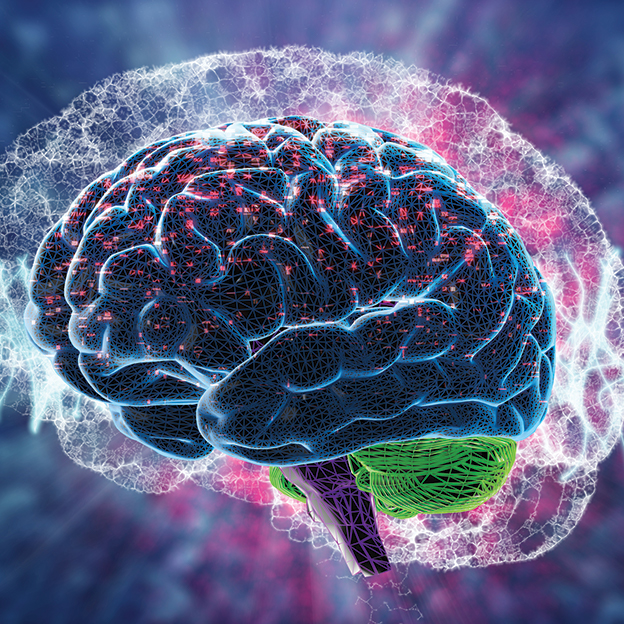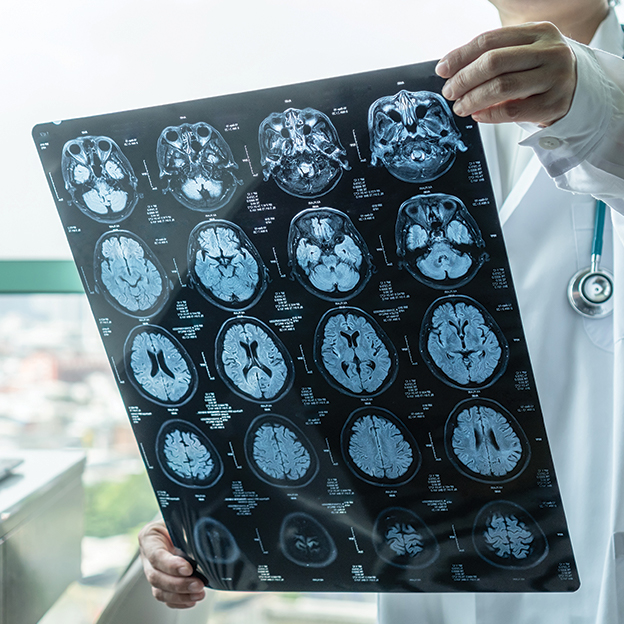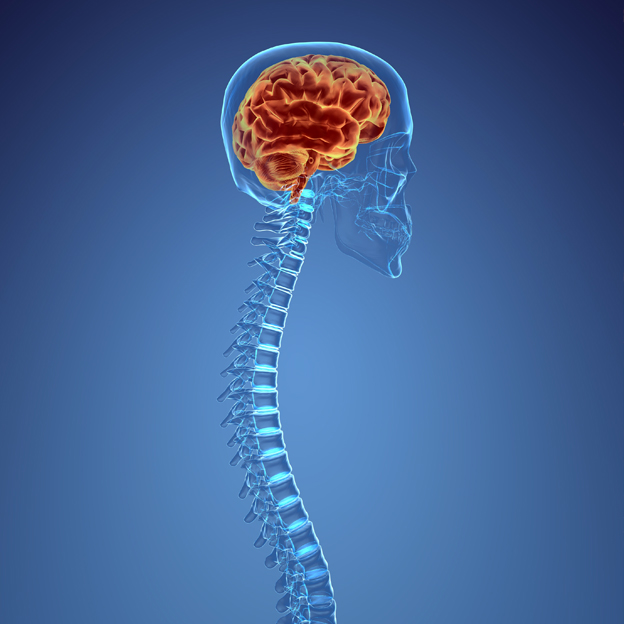A Career of Greatness
David Wright’s name will forever be etched in the hearts of New York Mets fans. Known as one of the franchise’s all-time greats, Wright spent his entire 14-year MLB career with the Mets, debuting in 2004. Quickly rising through the ranks, he was heralded as one of the premier third basemen of his era. Over the course of his career, Wright was honored with seven All-Star selections, two Gold Gloves, and two Silver Slugger Awards. More than just his stats, Wright embodied leadership and heart, eventually being named captain of the team—a role that earned him the beloved nickname “Captain America.”
Yet, despite his talent and dedication, Wright’s career was cut short by a chronic and painful condition: spinal stenosis, which severely impacted his ability to play and, ultimately, led to his early retirement.
The Hidden Struggle: Living with Spinal Stenosis
Spinal stenosis is a serious condition characterized by the narrowing of the spinal canal, which puts intense pressure on the spinal cord and nerves. This can lead to severe pain, weakness, and loss of mobility—symptoms that would prove devastating to any athlete, let alone one playing at baseball’s highest level.
Though Wright first suffered a stress fracture in his lower back in 2011, he pushed through and continued to perform at an elite level. However, over time, the damage worsened, culminating in relentless pain that affected even basic baseball movements like swinging, throwing, and fielding.
Understanding Spinal Stenosis
Spinal stenosis doesn’t develop overnight. It’s often a gradual process caused by various factors, such as:
- Degenerative wear and tear over time, commonly seen in aging athletes.
- Osteoarthritis, which can create bone spurs that narrow the spinal canal.
- Herniated discs, where damaged discs press against nerves.
- Ligament thickening, reducing space within the spine.
- Injuries, including those sustained from repetitive sports movements.
- Congenital conditions, where some individuals are born with narrower spinal canals, making them more susceptible.
Symptoms and Diagnosis
Common signs of spinal stenosis include:
- Persistent back or neck pain
- Numbness or tingling in the limbs
- Muscle weakness
- Difficulty walking or maintaining balance
- Pain that worsens when standing or walking for long periods
To diagnose the condition, specialists typically rely on imaging techniques such as X-rays, MRIs, and CT scans, sometimes combined with nerve tests like electromyography (EMG).
Treatment Options
While spinal stenosis often cannot be fully cured, a variety of treatments are available to manage symptoms and improve function:
Non-Surgical Treatments
- Physical therapy to strengthen supporting muscles and improve flexibility
- Pain management medications, such as NSAIDs and muscle relaxants
- Steroid injections to reduce nerve inflammation
- Lifestyle adjustments, including limiting activities that aggravate the condition
Surgical Options (for severe cases)
- Laminectomy, which removes parts of bone to relieve nerve pressure
- Spinal fusion, stabilizing the spine by joining vertebrae
- Foraminotomy, widening spaces where nerves exit the spine
Baseball’s Physical Toll: Why Players Like Wright Are at Risk
Baseball demands a repetitive range of movements that can place enormous stress on the spine:
- Batting: The torque generated when swinging at high-speed pitches puts repeated strain on the lower back, wearing down spinal discs over time.
- Throwing: High-velocity throws, particularly from infield positions like third base, require sudden, powerful rotations that can exacerbate spinal issues.
- Fielding: Quick lateral movements, combined with bending and twisting to field balls, add further strain to already compromised spinal structures.
For Wright, the combination of these repeated stresses—over hundreds of games—made managing spinal stenosis an insurmountable challenge in the long run.
The Farewell of a Franchise Icon
Despite his determination to fight through the pain, Wright ultimately announced his retirement in 2018. On September 29, 2018, he took the field one final time to an emotional standing ovation at Citi Field, a fitting tribute to a player who had given everything to the game and his team.
David Wright’s story is one of both greatness and resilience. His struggle with spinal stenosis highlights the hidden toll professional sports can take on an athlete’s body—and the extraordinary willpower required to push through it for as long as he did. Though his career was shortened, his legacy as one of the Mets’ greatest leaders and players remains unshaken.
Healthpointe specializes in physical healthcare, and we have an extensive roster of board certified physicians who are well suited to help with pain management. Our team can help assist you with prevention and treatment of a variety of ailments. Fill out this form to set up an appointment.
We also offer texting services! Give us a call or text us to schedule an appointment today at (714) 367-5390.
We have locations in Anaheim, Colton, Corona, Garden Grove, Irwindale, La Mirada, Long Beach, Los Angeles, Ontario, Perris, and Temecula.













